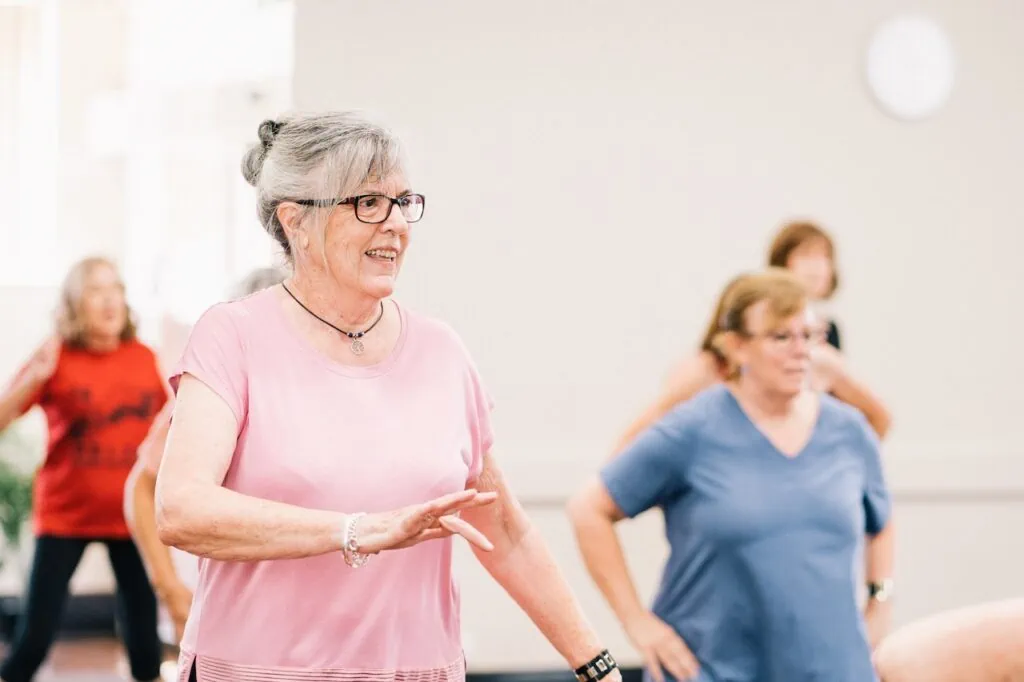
Sober Senior Living Helps Older People In Recovery Stay Strong
What is sober senior living? Like anyone else, seniors in their 50s, 60s, and beyond can face unique challenges when getting sober. Sobriety can be difficult when you are retired and have a lot of changes going on around you in life. For many people, alcohol or other substances can provide a false sense of comfort or ward off loneliness. At the same time, drugs and alcohol are more likely to cause complications in older people. Getting and staying sober, however, is possible at any age. Seniors and their families may want to choose a sober living home that makes things easier as they age.
What Should Sober Senior Living Include?
While sober senior living is a relatively new concept, many people of retirement age may also have specific considerations and needs due to their age and life circumstances. Getting sober doesn’t have to add to the challenges of living day-to-day. Here are some of the special needs seniors might have when seeking sobriety:
- Physical Health: Seniors often have age-related health concerns, such as chronic medical conditions, prescription medication use, or frailty. Healthcare professionals who understand these issues and can provide appropriate detox and treatment. It’s also crucial for employees to understand that many older people who use drugs or drink may be masking or self-medicating health or mental health conditions.
- Medication Interactions: Older adults often take multiple medications, some of which can interact with substances of abuse or medications prescribed during treatment. Care providers need to be aware of these interactions and manage them accordingly. Some seniors just getting sober may need help with Medication-Assisted Treatment.
- Support Systems: Social isolation is common among seniors; many rely on friends and family. Building or maintaining a support network is crucial for their recovery and may require different strategies for older adults. Sober senior living communities can provide access to 12-step meetings and other ways of socializing.
- Mental Health Supports: Seniors may have unique mental health challenges, including depression, anxiety, grief over losing loved ones, or cognitive decline. These factors can complicate addiction and recovery. Access to mental health care is essential.
Sober Senior Living: Nurturing Recovery
Many people who enter treatment at an advanced age may have adult children or grandchildren who rely on them for support or caregiving. The decision to get sober and participate in a sober senior living program can affect the family dynamics and require careful consideration and communication. Family therapy can help everyone understand addiction, learn how to support their loved one and participate in their loved one's recovery.
Typically, seniors may reside in assisted living facilities and may be dependent on these facilities for transportation to and from doctor appointments, recovery groups, and family gatherings. Sober senior living homes often have in-house recovery meetings but can also provide clients transportation to and from appointments and events.
Age-appropriate treatment programs or support groups can help seniors feel less isolated, providing a more relatable and comfortable environment.
Other Considerations for Sober Senior Living Communities
Senior living homes are essential to helping people stay functional and active in their older years. Nothing is one-size-fits-all. Some older adults may experience cognitive impairments like dementia or Alzheimer's, impacting their ability to engage in therapy and follow a treatment plan. Treatment programs need to be adapted to their cognitive abilities. Medication management can help prevent them from taking too much of a medication or drug they have been prescribed. Activities to help people remain active and fit are also usually provided, especially to help seniors socialize.
Understanding cultural and generational factors is crucial to helping seniors transition to sober living. Seniors may have different beliefs about addiction and recovery than contemporary knowledge. Recognizing and respecting these beliefs is crucial when providing support, even while educating them about the disease model of addiction.
Older adults may have had a more extended history of substance abuse. Their relapse triggers may differ from those of younger individuals. Many seniors use substances to cope with loneliness, boredom, grief, or chronic pain. Identifying and addressing these triggers is vital in relapse prevention.
Seniors often need long-term care and support to maintain sobriety. This may involve regular check-ins with healthcare providers and ongoing therapy or counseling. A sober senior living home has compassionate care workers able to interact with clients and help them get the resources they need to stay healthy and sober.
Learn More About Sober Senior Living Today
Seniors in recovery have unique considerations and needs when seeking sobriety, often related to their health, social support, and life circumstances. Addiction treatment and support can help address these specific challenges. Healthcare professionals, addiction specialists, and support networks can adapt to understand and accommodate these unique needs.
Learn more about what a sober senior living experience can offer by giving us a call. We can talk you through the amenities, support services and other features of our sober living homes meant especially for s
Categories
Recovery San Diego





